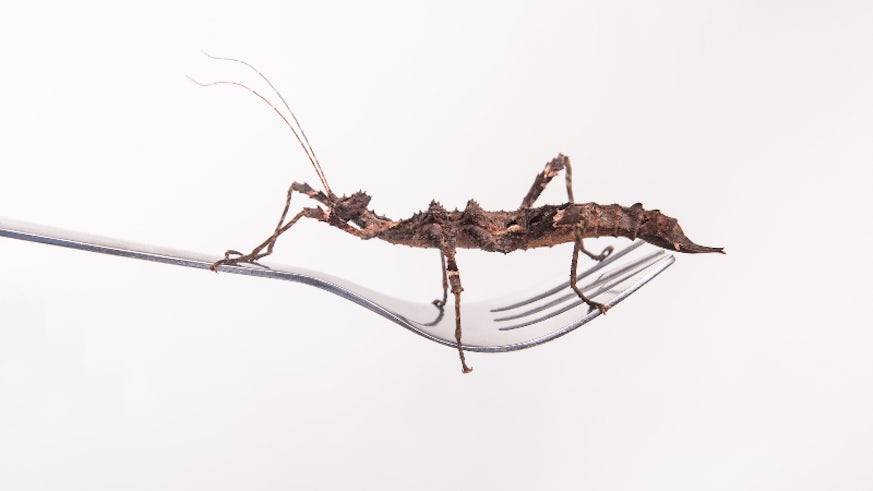Critter carbonara – UK explores insects-as-food
27 June 2018

With a growing domestic market for edible insects, what are the experiences of the farmers feeding this trend?
Dr Christopher Bear, from Cardiff University’s School of Geography and Planning, has spent a year’s research leave exploring edible insect production in the UK to better understand the experiences and practices of the farmers behind it.
Dr Bear explains: “While there has been a recent trend for insect-based food here in the UK – with consumers keen to try insect protein bars or ‘bug burgers’, these products have tended to rely on imported insects. However, almost a dozen insect farms have now been established to supply the domestic market and respond to this developing interest.”
Insects are a relatively new phenomenon to the British diet, yet they are regularly consumed by around 2billion people globally, with consumption concentrated in Asia, Africa and South America. A report from the Food and Agriculture Organization of the United Nations has also drawn attention to the potential contribution insects-as-food could have on global food security, as an alternative and sustainable source of protein compared to conventional livestock.
The UN argues that there are several benefits to using edible insects as food and feed – dietary and environmental. Edible insects offer high-quality protein, vitamins and amino acids for humans, they also require considerably less feed and emit less greenhouse gasses than livestock.
Dr Bear’s pioneering work in the field of insects-as-food has seen him appointed as a Director of the Woven Network. The aim of the Network is to connect entrepreneurs, researchers and others working in the role of insects in the human food chain in the UK and elsewhere.
He added: “Global food security issues are a real and insistent concern for policymakers and governments. Sustainable solutions are achievable but require new ways of thinking, openness to adopting practices from other cultures and countries and experimentation, both within the food chain and society."

“The edible insect farming sector in the UK is small and currently has little established expertise to draw on and unclear regulatory frameworks to work within. However, with development it could prove to be a key ingredient to our future food security.”

